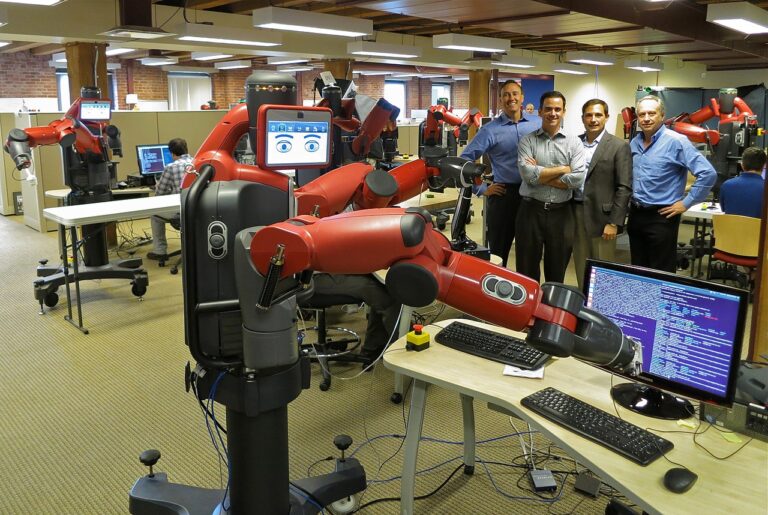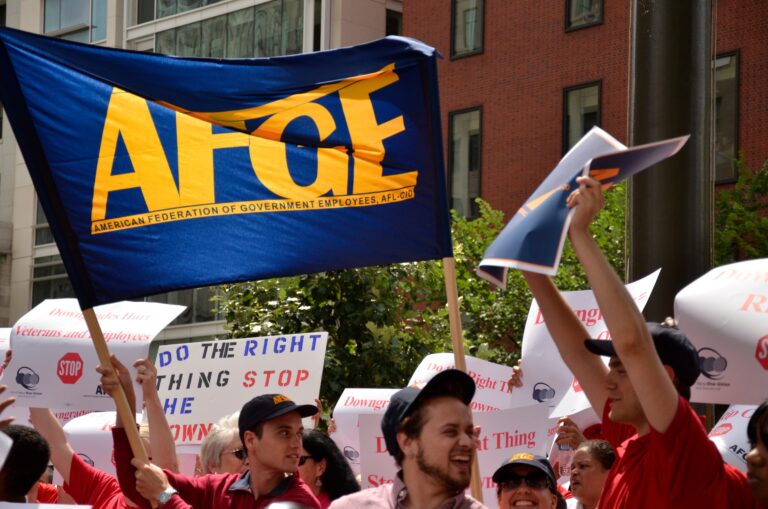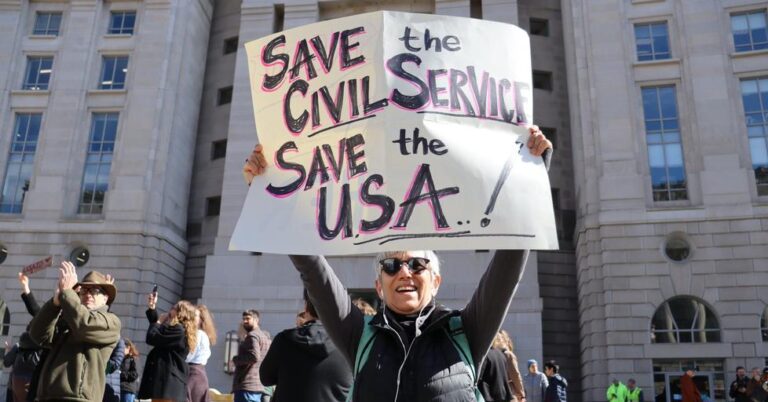Alisha Jarwala is a student at Harvard Law School and a member of the Labor and Employment Lab.
Yesterday’s Democratic debate featured the 12 remaining candidates onstage in Ohio, debating topics from impeachment to income inequality. Some labor-related highlights included Sen. Elizabeth Warren arguing that it needs to be easier for workers to join a union and Sen. Cory Booker emphasizing the need for sectoral bargaining. In advance of the debate, Vox updated its guide to each candidate’s labor platform. For another comprehensive take, Steven Greenhouse graded each candidate’s labor platform from A to F+ in late September.
In other 2020 candidate news, Politico reports that Sen. Bernie Sanders unveiled a plan to increase worker power. Titled “Corporate Accountability and Democracy,” Sanders’ proposal would give employees of large companies 20% of company shares and control of 45% of seats on the boards of directors. His plan would also raise the corporate tax from 21% to 35%.
GM and the UAW may be moving closer to an agreement that would end workers’ five-week strike. Bloomberg reports that GM CEO Mary Barra met with UAW officials on Tuesday, and people involved in the negotiations claim there is a tentative agreement on the treatment of temporary workers—a contentious issue—that would open a path to full-time work after three years of employment. The Wall Street Journal reports that parties are now discussing the “finer points of new contract language.”
Just before the weekend, California Gov. Gavin Newsom signed into law a requirement that all cannabis stores enter “labor peace agreements” as soon as they have 20 or more employees. Vox reports that this law will help unions make inroads into the marijuana industry, which is fast growing. Under labor peace agreements, company managers agree not to dissuade workers from unionizing and labor organizers agree to not make negative statements about a company to its workforce.
Finally, a feature from the Wall Street Journal examines areas of the workforce where women have made the most inroads (and the least). The piece notes that while women make up about half the U.S. workforce today, many jobs remain segregated. Some white-collar fields, such as finance and law, have about 50% women, but men still hold more of the senior positions. Some jobs are still almost entirely gender-segregated: preschool teachers, childcare workers, and administrative assistants are overwhelmingly female, while firefighters, welders, and police officers are overwhelmingly male. One interesting area of change? The trucking industry—the Wall Street Journal reports in a separate piece that the number of female truckers has increased by 68% since 2010 (though women still make up just 6.6% of the trucking workforce).






Daily News & Commentary
Start your day with our roundup of the latest labor developments. See all
December 7
Philadelphia transit workers indicate that a strike is imminent; a federal judge temporarily blocks State Department layoffs; and Virginia lawmakers consider legislation to repeal the state’s “right to work” law.
December 5
Netflix set to acquire Warner Bros., Gen Z men are the most pro-union generation in history, and lawmakers introduce the “No Robot Bosses Act.”
December 4
Unionized journalists win arbitration concerning AI, Starbucks challenges two NLRB rulings in the Fifth Circuit, and Philadelphia transit workers resume contract negotiations.
December 3
The Trump administration seeks to appeal a federal judge’s order that protects the CBAs of employees within the federal workforce; the U.S. Department of Labor launches an initiative to investigate violations of the H-1B visa program; and a union files a petition to form a bargaining unit for employees at the Met.
December 2
Fourth Circuit rejects broad reading of NLRA’s managerial exception; OPM cancels reduced tuition program for federal employees; Starbucks will pay $39 million for violating New York City’s Fair Workweek law; Mamdani and Sanders join striking baristas outside a Brooklyn Starbucks.
December 1
California farmworkers defend state labor law, cities consider requiring companies to hire delivery drivers, Supreme Court takes FAA last-mile drivers case.